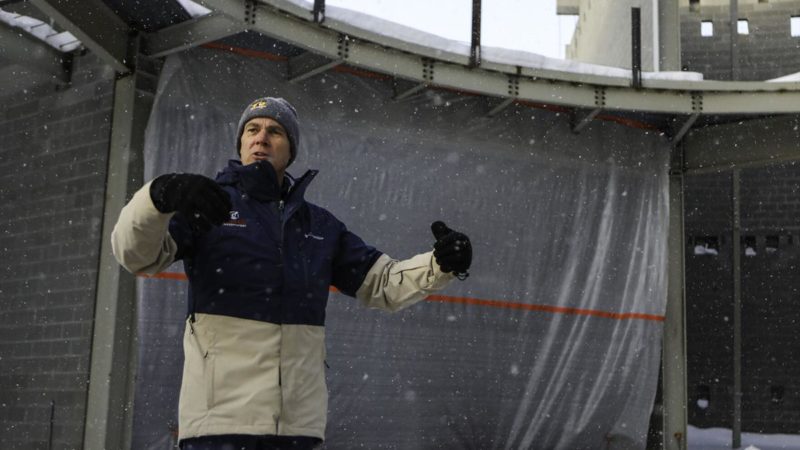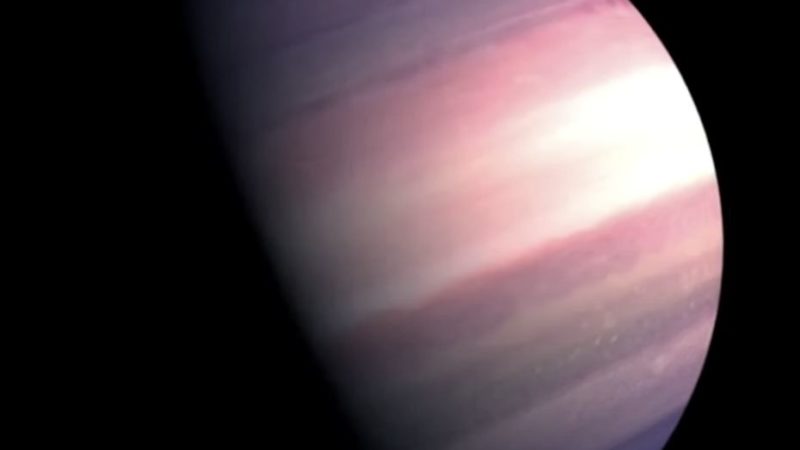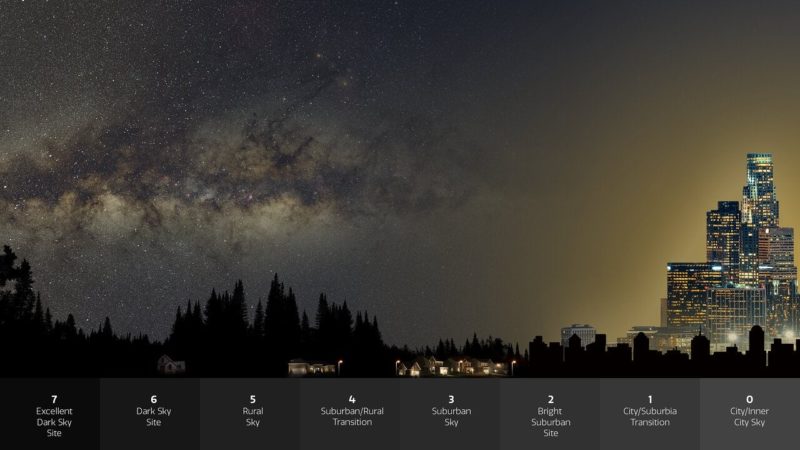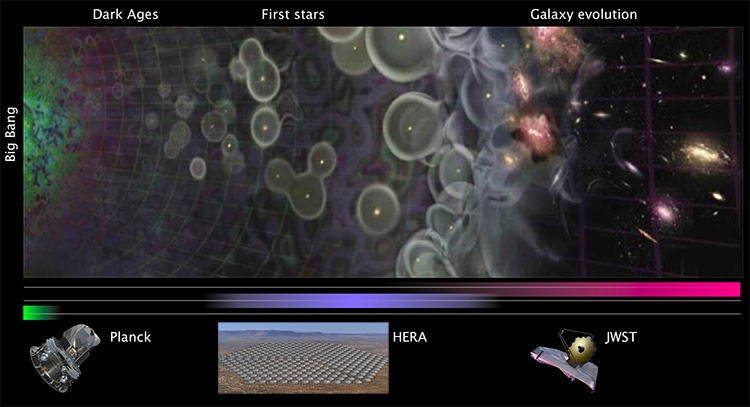Why do we still believe in ‘lunacy’ during a Full Moon? – Astronomy Magazine
It’s sometimes called the “Transylvania effect.” In the dark sky, the clouds shift, revealing the Full Moon’s eerie silver gleam, and the people on Earth below go mad. It’s a story that gets repeated by doctors, teachers and police officers. The science, though, says something different.
Blaming the Full Moon for strange behavior is a time-honored tradition. In the first century AD, the Roman philosopher Pliny suggested that the Full Moon caused more dew to form, which led to increased moisture in the brain, and that, he said, led to madness.
The idea that the Full Moon makes people crazy didn’t go out of fashion along with togas, though—in the 1700s, a British legal expert and judge wrote, “A lunatic, or non compos mentis, is properly one who hath lucid intervals, sometimes enjoying his senses and sometimes not and that frequently depending upon the changes of the moon.” (The word lunatic, by the way, comes from the Latin luna: moon.)
In the 1970s, a popular book posited that just as the Moon controls the tides, its gravitational pull affects the fluid sloshing around in human brains. Even today, you might hear stories about classrooms of students misbehaving and people getting hurt in freak accidents around the Full Moon. But there’s one big problem with all these theories: they’re not true.

Bringing the universe to your door. We’re excited to announce Astronomy magazine’s new Space and Beyond subscription box – a quarterly adventure, curated with an astronomy-themed collection in every box. Learn More >>.
Full Moon Fever
For decades, researchers have pored over hospital records and police blotters, and time and time again, they’ve come up with the same answer — the Full Moon doesn’t seem to be associated with more strange things happening than usual. No uptick in births, no synced up menstrual periods and no madness.
“I’m not aware of a single replicated finding in the literature that there’s a link between the Full Moon and odd behavior,” says Scott Lilienfeld, a professor of psychology at Emory University. Often, studies that do make this claim don’t hold up to scrutiny. In one paper, researchers posited that there are more car crashes during the Full Moon. They later retracted it after realizing that many of those Full Moons were on weekends, when more people are on the road. But despite the lack of evidence, lots of people still believe that the Full Moon makes things… weird.
But despite the lack of evidence, lots of people still believe that the Full Moon makes things… weird.





